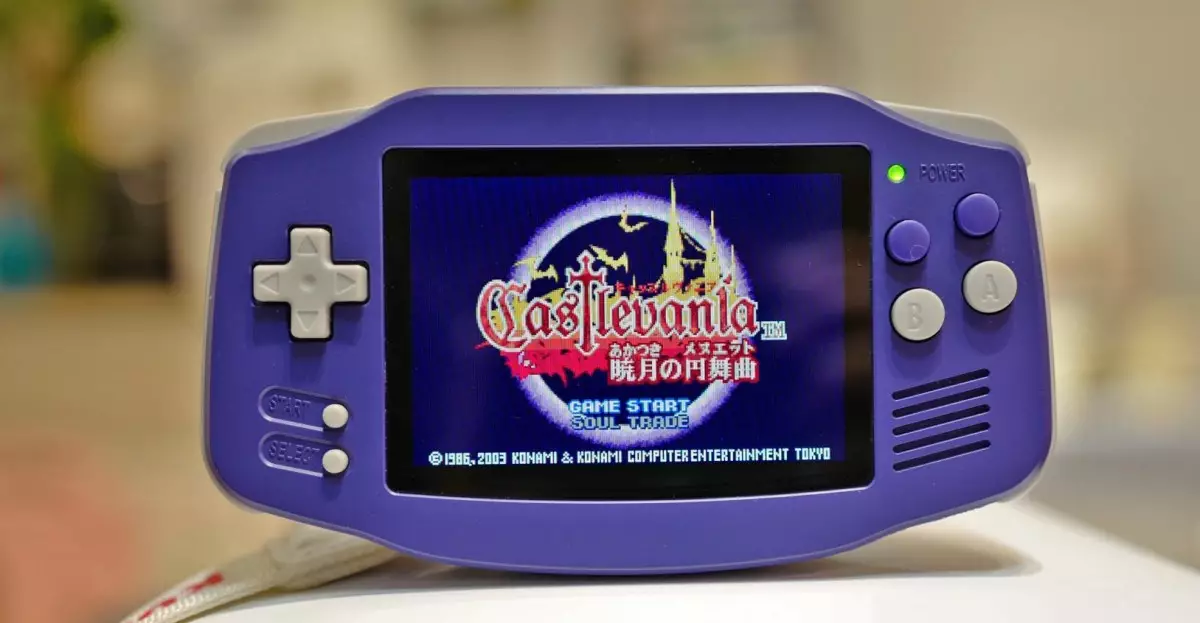In an age where nostalgia is a potent marketing tool, the revival of retro gaming consoles has captured the attention of enthusiasts and casual players alike. Companies like Anbernic have emerged as champions in this field, offering affordable handheld consoles that echo the classic designs of Nintendo Game Boys. However, the landscape of retro gaming is suddenly fraught with uncertainty as potential U.S. tariffs threaten to disrupt supply chains and inflate prices. The implications of these tariffs are far-reaching, not just for companies like Anbernic, but for gamers yearning to relive their childhood experiences without breaking the bank.
Tariffs: A Game Changer
The looming threat of a staggering 245% tariff on Chinese goods, particularly those that fall into the electronics category, positions Anbernic and other similar companies in a precarious situation. This radical shift in U.S. trade policy could lead to hefty price increases for consumers. Anbernic’s response—a suspension of U.S. shipments—highlights the immediate challenges that businesses face in navigating this evolving economic landscape. By prioritizing products shipped from their U.S. warehouse, Anbernic is attempting to safeguard their business while signaling to consumers that the best option is local shopping, away from the looming threat of import duties.
One must question the long-term sustainability of this approach. By suspending shipments from China, Anbernic is not merely dodging immediate tariffs; they are also potentially sacrificing their competitive edge. The cost of production in the U.S. is significantly higher, and as a result, the price point that their portable consoles are known for could skyrocket, rendering them less accessible to many budget-conscious gamers. This raises a pivotal question: how much will gamers be willing to pay when the allure of affordability fades away?
The Unique Appeal of Anbernic
Anbernic’s success lies in its ability to encapsulate the essence of classic gaming at a price point that resonates with consumers. The company’s handhelds usually retail around $70, offering a nostalgic experience without the financial burden often associated with retro game collecting. The allure lies not just in the price but in the authentic emulation of vintage gaming experiences that Anbernic devices provide. However, with tariffs looming, the delicate balance between maintaining low prices and adhering to new economic realities is at risk of tipping.
The company’s decision to recommend U.S.-based shipments, while tactically wise, is not a panacea for the impending threats. For many, the ability to purchase these devices directly from China has been part of the allure. Currently, consumers still have access through third-party sellers like Amazon, but elevated prices and potential legal quandaries surrounding ROMs could tarnish the experience. The irony is almost palpable: as the retro gaming community seeks to preserve its heritage, it may unwittingly walk into a minefield of regulatory complexities.
A Ripple Effect in the Gaming Ecosystem
Anbernic is not alone in this struggle; several companies, especially smaller businesses in the gaming sector, are feeling the ripples from potential tariff reform. Firms like RetroTINK, which have similarly halted shipments due to ambiguous tariff guidelines, showcase a wider trend that could destabilize what was once a thriving market. As these companies grapple with uncertainties, the fears of rising prices may deter potential buyers, thereby stifling innovation and growth in the retro gaming niche.
The evolving scenario presents an ethical quandary. Should firms prioritize affordability at the expense of sustainability, or should they embrace higher prices to ensure stability? As players navigate this tricky terrain, it’s pivotal for companies to consider not just their immediate financial survival but the lasting impact on gaming culture and accessibility.
Ultimately, as Anbernic’s status hangs in the balance, the gaming community must remain vigilant. The economic forces at play threaten to alter not just their cherished gaming experiences but also the future landscape of retro gaming itself. The nostalgia that brings us together may be at risk, as external factors start to reshape a beloved industry into something unrecognizable.

